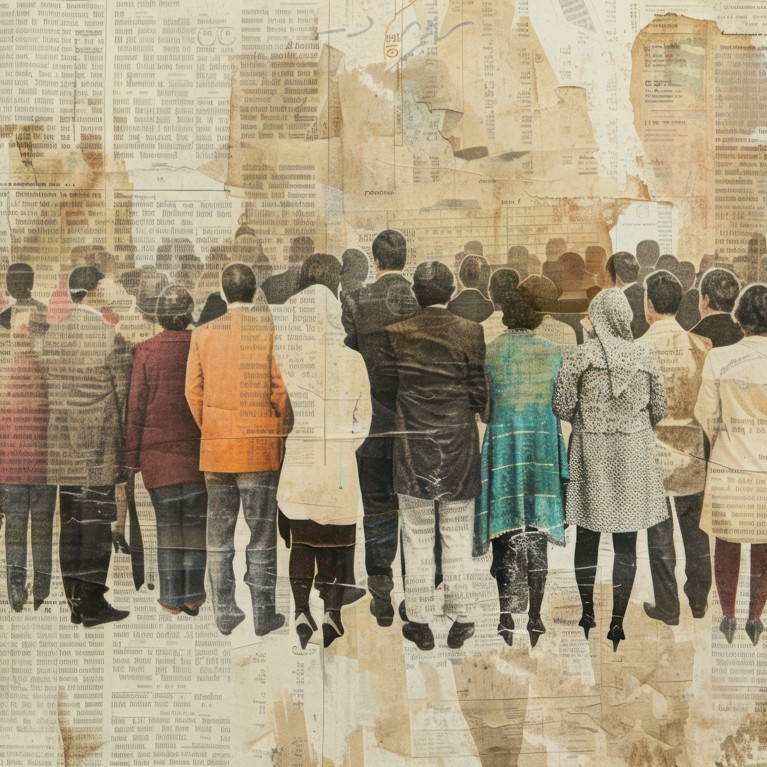- Posted on 8 May 2025
- 3-minute read
You’d think the federal election would be enough, but so much more has spilled out of the last fortnight – with new twists in old tales.
First, former Morrison government Minister Linda Reynolds commenced a new action arising out of events involving Brittany Higgins – this time over the payout to Higgins in 2022. Reynolds did not recontest the recent election and is still awaiting a decision in her own defamation action against Higgins. In the new action she claims the Commonwealth and its lawyers didn’t adequately take account of her interests when making the agreement with Higgins.
In Bruce Lehrmann’s earlier failed defamation action against Ten and Lisa Wilkinson, Justin Lee found that claims about a cover-up by Reynolds and others were “objectively short on facts but long on speculation and internal inconsistencies”.
Then a group of nine people who lobbied the former ABC Chair Ita Buttrose and former MD David Anderson over Antoinette Lattouf’s curtailed radio gig – and were found to be at risk of vilification and harassment if their identity was revealed – started proceedings. They are seeking contempt charges against Nine and its editors, reporters and lawyers over what they say is a breach of suppression orders made in Lattouf’s – as yet undecided – case for unfair dismissal.
And the reporter who led the expose of Ben Roberts-Smith for the former Fairfax newspapers in 2022, Nick McKenzie, gave evidence in the Federal Court in response to Roberts-Smith’s claim that McKenzie engaged in wilful misconduct by handling legally privileged information.
In a recorded phone conversation between McKenzie and a witness in the defamation trial, McKenzie told the witness he was breaching his professional ethics by sharing information, although McKenzie denies the information was privileged or there was anything improper about him having it. We are yet to know whether the Court regards this as sufficient to allow Roberts-Smith to reopen his appeal which was heard last year, but the recording has been admitted into evidence – and the hearings offered interesting observations on the ethics of dealing with witnesses, evidence and the law.
In other matters, ABC Chair Kim Williams was accused by Media Watch of improperly intervening in local radio programming decisions by responding to requests from comedian Sandy Gutman. In this issue Gary Dickson covers a spin-off issue from this episode: how far should the national broadcaster go when interviewing someone who has a product or service to promote?
Back to the election, and guest contributor Lisa Main – co-author of our December 2023 report on Gen AI and Journalism – explores the role of bots and the growing polarisation of voters, while Monica looks at the characterisation of “hate media” by Opposition Leader, Peter Dutton. As Monica points out, one explanation for the use of this term on the weekend before the election could have been the imminent Four Corners episode on the two leaders.
In my opinion, the program failed to live up to the standards we expect from the ABC, at least in the rhetorical fallacy it used when assessing the leaders’ achievements on the Indigenous Voice to Parliament. Regardless of where you personally stand on the question of the Voice, the ABC’s role is to report on and make assessments about political behaviour without taking a stand, without holding an opinion.
But in its critique of Anthony Albanese for failing to deliver his desired outcome of a constitutional amendment, and indeed its criticism of Peter Dutton for opposing it, Four Corners gave us a glimpse of its own belief – that the Voice should have succeeded.
Finally, Kieran offers some observations on the emergence in the EU of dispute resolution systems for complaints about digital platforms. The discussion is based on our new podcast with Ruairí Harrison who has worked for European non-profit, the Internet Commission.







